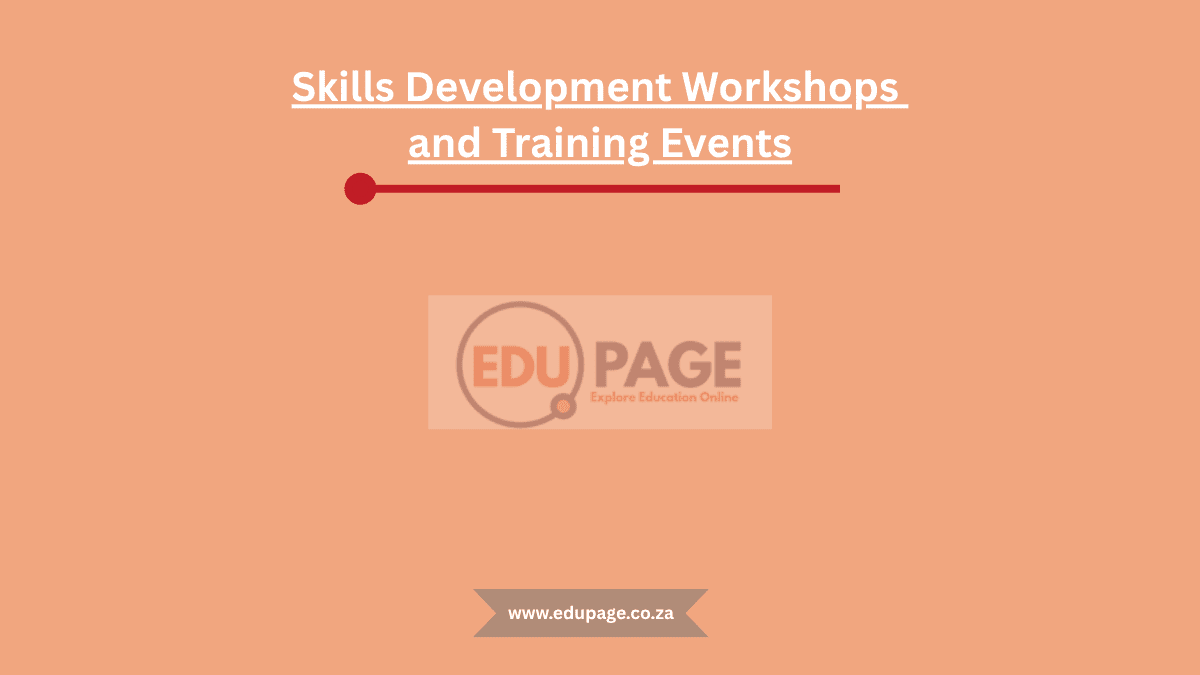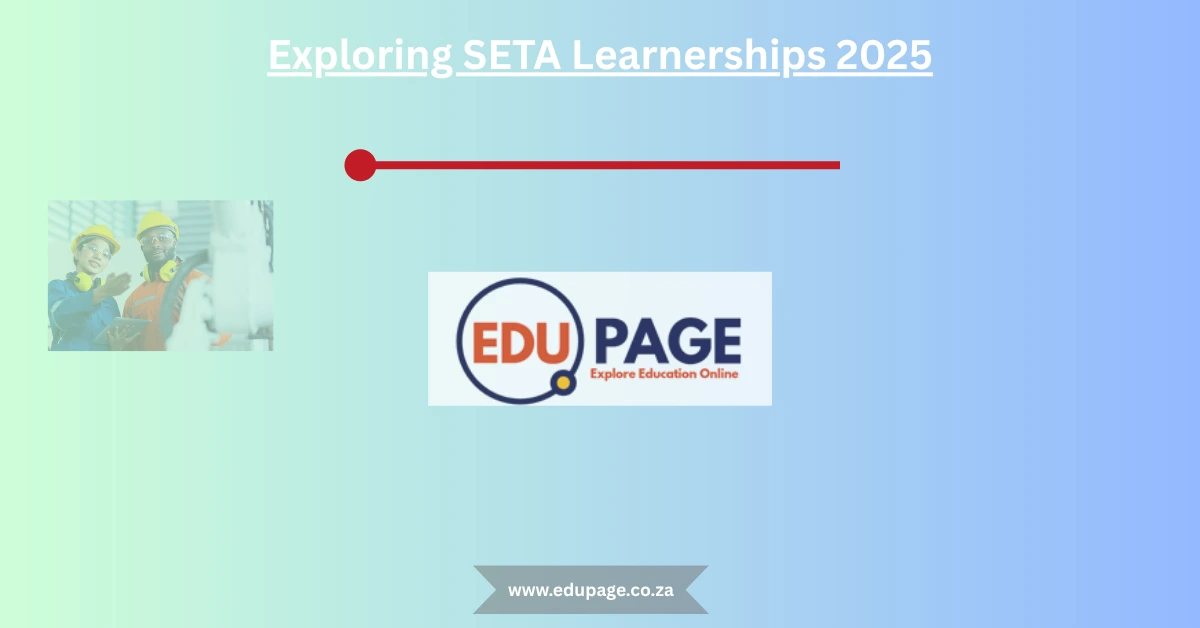Unlock Your Potential: A Practical Guide to Finding the Right Skills Development Workshops and Training Events

In today’s fast-changing world of work, the most valuable skill you can have is the ability to keep learning. Jobs evolve. New technologies appear.Skills Development Workshops and Training Events, Industries change their demands. The people who thrive are those who invest in developing their skills continuously.
But there’s a challenge — the training and workshop space is crowded. How do you know which course will truly add value to your career, and which is just marketing hype?
Think of this as your personal roadmap. By the end of this guide, you’ll know exactly how to choose workshops and training events that will help you grow, remain competitive, and open new career opportunities.
1. Begin with Clarity: Defining Your Learning Objectives
Identify Your Skill Gaps
Before jumping into any course, pause and reflect: Where are your strengths, and where could you improve? The answer lies in honest self-assessment.
Review job postings for the kind of role you want to have in two or three years. What skills appear again and again? Compare those to what you currently know. You can also ask for feedback from managers, mentors, or peers. Even online career assessment tools can pinpoint missing abilities.
When you know exactly what you need to work on, your search for training becomes more focused — and more effective.
Align with Your Career Vision
Learning should be strategic, not random. Ask yourself: Will this skill move me closer to where I want to be?
For example, a traditional marketer looking to break into digital advertising might prioritise training in SEO, Google Ads, or data analytics. Each new skill becomes a step toward that future role.
Match Your Learning Style and Budget
Are you a hands-on learner who needs live demonstrations, or do you thrive in self-paced online environments? Knowing your learning style helps you choose a course format that sticks.
Budget matters too. Factor in not just the course fee, but also travel, accommodation (if required), and materials. Remember, the cheapest option isn’t always the most valuable — but neither is the most expensive.
2. Where to Find High-Value Training Opportunities
Explore Online Learning Platforms
Websites like Coursera, edX, LinkedIn Learning, Udemy, and Skillshare have made world-class learning accessible to anyone with an internet connection. Whether you want a two-hour workshop or a university-level certification, there’s likely a course for you.
Many platforms allow you to learn at your own pace, and some even offer financial aid or free trials — a great way to explore before committing.
Tap Into Professional Organisations and Industry Associations
Professional bodies — such as the Project Management Institute (PMI) or the Society for Human Resource Management (SHRM) — often run targeted workshops, conferences, and short courses.
The advantage? The training is industry-relevant, and the networking is invaluable. Meeting other professionals can open doors to job opportunities, collaborations, and mentorship.
Consider University Extension and Continuing Education Programmes
Many universities offer short courses and certificate programmes that are recognised and respected by employers. Whether online or on-campus, these programmes often provide academic depth and credibility that self-paced online courses may lack.
A certificate from a recognised university can strengthen your CV and give you an advantage in competitive job markets.
Look Into Corporate Training Providers and Bootcamps
Bootcamps are intensive, practical, and focused on employable skills. Coding, data science, and cybersecurity bootcamps are prime examples. They aim to get you job-ready in a short time.
Before enrolling, research thoroughly: What’s the course completion rate? How many graduates secure jobs afterward? Independent reviews from past students are often more revealing than marketing brochures.
3. Evaluating a Training Programme Before You Commit
Check Instructor Expertise
The quality of your learning often depends on who’s teaching. Look for instructors who not only know their subject academically but have real-world experience applying it.
A quick search on LinkedIn can reveal their career background, published work, and recommendations from past students.
Review Curriculum Relevance and Structure
Don’t rely on the course title alone. Dive into the syllabus to see exactly what’s covered. Is the content up to date with current industry practices? Does it logically build from basics to advanced skills?
An outdated or poorly structured course can waste your time and money.
Understand the Learning Format
Some topics are best learned through lectures, others through case studies, group discussions, or simulations. Sales skills, for example, are more effectively developed through role-playing exercises than through theory alone.
Choose a format that supports how you best absorb and retain information.
Verify Accreditation and Certification Value
Not all certificates are equal. An industry-recognised credential can boost your CV and potentially lead to promotions or higher salaries.
If a course offers certification, check whether employers in your field value it. A quick scan of job ads in your sector will reveal which certifications are in demand.
4. Maximising Your Return on Learning
Prepare Before You Attend
Engage with pre-course materials, research the topic, and set specific personal goals. Walking into a workshop with questions and objectives ensures you make the most of the session.
Participate Actively
Be curious. Ask questions. Take part in group activities. Share your perspectives. The more you contribute, the deeper your understanding — and the more memorable the learning experience becomes.
Apply New Skills Immediately
The real value of training comes from using it. The sooner you apply what you’ve learned, the better you’ll retain it.
If you’ve learned a new project management method, try implementing it on your next task. If you’ve mastered a new digital tool, find ways to integrate it into your workflow right away.
5. The Lifelong Learning Mindset
Career growth isn’t a one-time project — it’s an ongoing process. The best professionals see learning as a lifelong investment, not a temporary fix.
By taking a planned, strategic approach to choosing workshops and training events, you set yourself up for consistent improvement and long-term success.
When you combine clarity about your goals, careful selection of quality programmes, and active engagement in the learning process, every workshop you attend becomes a stepping stone toward your full potential.
Final Thought
The right skills development workshop can transform your career — but only if it’s the right fit for your goals, learning style, and budget.
Start with a clear vision. Seek quality. Participate actively. Apply relentlessly. Do this, and you won’t just stay relevant in your field — you’ll become the kind of professional who thrives in any job market.

